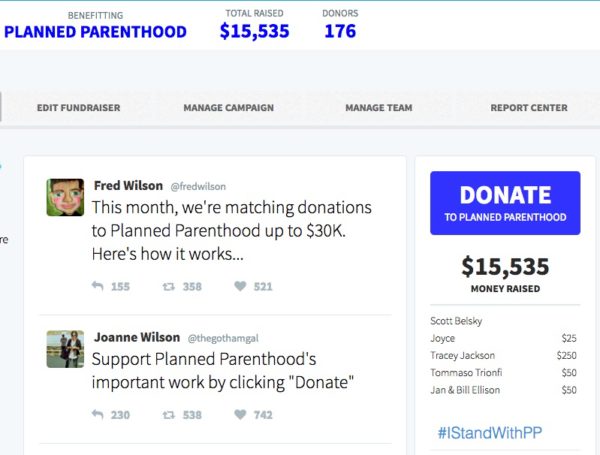Two former USV portfolio companies had tough earnings calls last night.
And you look at that and you might say “why would any company want to go public?”
But here is the thing. Being public is about being transparent, accountable, and owning up to the issues and dealing with them.
I think it makes companies better.
If you are losing your biggest customer, you have to tell the world and deal with the consequences.
If you are making a leadership change, you have to tell the world and deal with the consequences.
Both of those companies are great companies, in which the Gotham Gal and I are a very large shareholder, and in which we believe in totally and completely.
Nothing is always up and to the right, even though you might want it to be.
The great companies are the ones that have the guts to bare it all and keep building.
Which is why I think being public is a good thing for the companies we work with that are large enough and have unique and differentiated businesses and business models.
I think more tech companies should be going public and I have been saying that for quite a while now and last night doesn’t change my views one iota.
